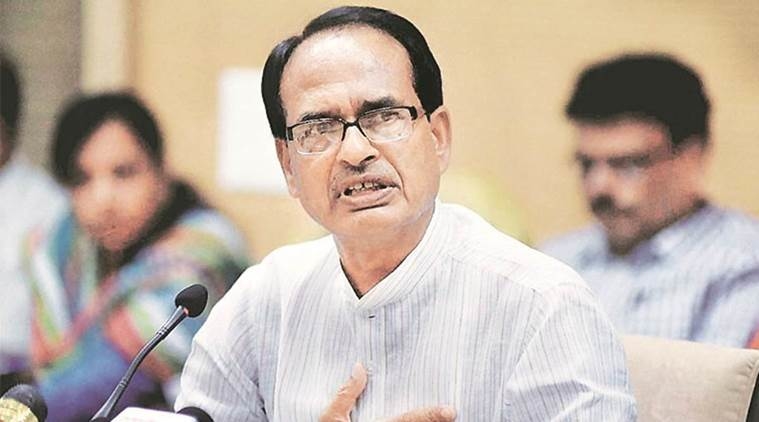State Govt. is fighting 2.5 lakh cases and losing thousands of crores in litigation.
Every fifth employee of the Madhya Pradesh state government is fighting a case against the government, according to sources in the state law department. The state is itself involved in fighting over 2.5 lakh cases in various courts. And, all this litigation is coming to nothing because, state govt. officials say, the govt. is losing most of the cases.
Faced with this mountain of cases and worried over constantly losing them in the High Court and the Supreme Court, and also to ease the growing financial burden, the Madhya Pradesh government has decided to amend State Litigation Policy 2011.
According to the proposed amendment, if the state government loses any case in any court, the responsible or the guilty officer will have to face the music. And if the State Government loses any case in High court or Supreme Court, the state government will neither appeal to higher court nor file a review petition.
In the last Cabinet meeting, chief minister Shivraj Singh Chouhan, referring to a case connected to the transport department, had asked why the state has been losing cases in the court and who is to be blamed for the same. He then ordered withdrawal of the transport department case. This has reportedly led to the decision to revise the State Litigation Policy.
Apart from cases of promotion related to reservation, every fifth officer or employee goes to court against the MP government over service matters. According to sources, there are 84,000 pending cases in the smaller courts of Madhya Pradesh while the total number of state govt. employees is 4.25 lakh. Those knocking the doors of courts include officers of All India Service. The state government spends around Rs 10 crore every year for fighting these cases, but it faces defeat in most of the matters. The number of cases has risen by 10,000 in the past five years.
According to sources in the law department about 2,48,879 cases are pending before 37 judges in the three benches of Madhya Pradesh High Court – 65,000 cases before Indore High Court; 58,879 cases before Gwalior High Court; and 1,25,000 cases before the principal bench at Jabalpur High Court.
Some high profile and high cost cases that the MP govt. lost show that the state’s short-sighted policies and obstinacy, as well as sheer mismanagement have cost enormous amounts. The state exchequer was poorer by Rs 2500 crore following contempt of the Supreme Court on four occasions in the case of giving wages to 15,000 teachers of aided schools on par with government teachers. Although it is specified in Service Recruitment Rules of officers and employees working with Madhya Pradesh Public Service Commission that they will be given allowances at par with officers of the secretariat but the same was denied to them. The case reached the High Court that ruled in favour of the employees.
Another case that is likely to cause a big loss to the govt. is of daily wage workers. On April 10, 2006, the Supreme Court had, in the case of Umadevi versus Government of Karnataka, ruled that daily wagers who have completed 10 years should be regularised according to seniority. But nothing has happened till date in MP. If this order is implemented and 44,000 daily wagers are regularised, government will have to bear a financial burden of Rs 17,500 crore.
Waking up to this mess, the law department has prepared the proposal to mend the litigation policy. This will be tabled before Cabinet soon. If the proposal turns into law, steps will be taken to speed up pending cases of the government. Moreover, the government will not appeal lost cases in the Supreme Court or file a review petition. In addition to that, the government will file the reply on time, so, it can win cases because other party will not get an opportunity.
Major amendment proposed in the Litigation Policy include: check whether advocates are properly presenting their cases in the court or not and examine advocate’s track record; matters in which there is room for a settlement, the same will be done through government agencies; pending cases (including criminal cases) will be reviewed and useless or trivial matters will be done away with; cases based on false pleas and technicalities will be discouraged; and right facts and all necessary documents to be presented before the court.
Courtesy: Newsclick.in
